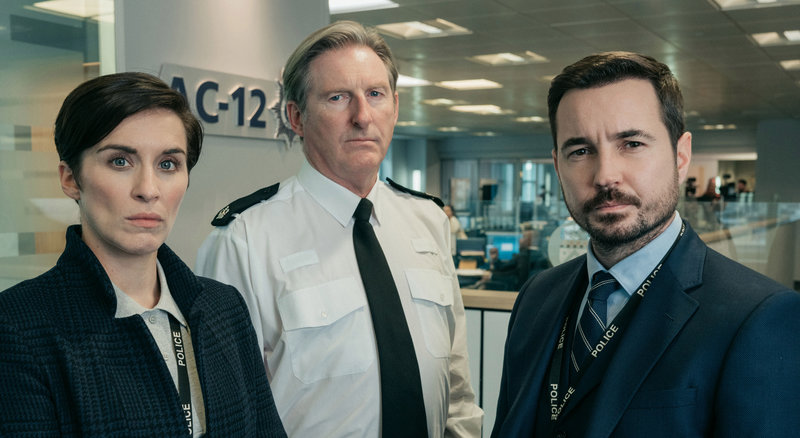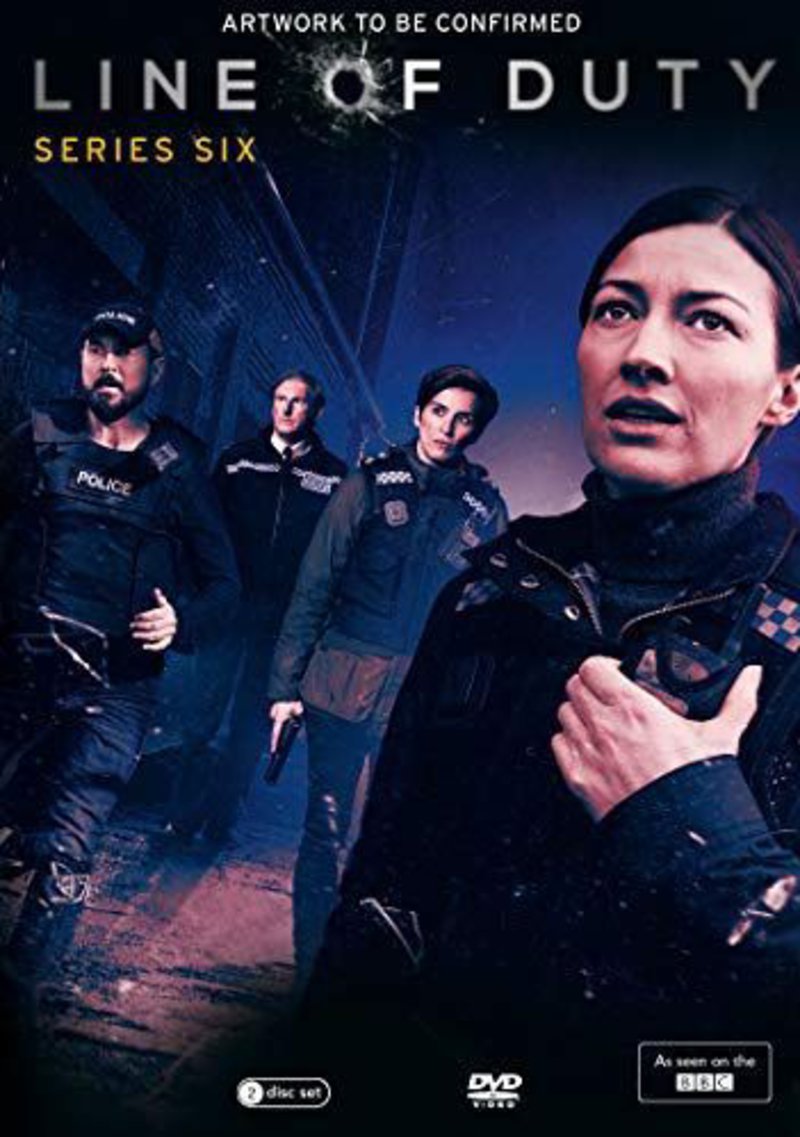Rotten apples
Released in 2012, the British series Line of Duty has become a cult series for lovers of police drama. The first season aired on BBC Two and immediately became a favourite of critics and audiences alike. Its creator and screenwriter, Jed Mercurio (Bodyguard), managed to tell a more or less typical story of corrupt cops in a realistic and plausible way, with a fair amount of intrigue and plot twists to completely engage viewers. Thus, a rather modest series – in the first season there are no spectacular scenes – has established itself as one of the best products of Britain’s public broadcaster. It is currently in its sixth season, which Movistar has just released (you can also watch the first four seasons on Netflix ).
The series revolves around the internal affairs unit of the Birmingham police, where Sergeant Steve Arnott arrives against his will (the actor Martin Compston, who is also a self-declared Scottish pro-independence activist). Arnott was previously assigned to an anti-terrorist unit but an involuntary mistake during an operation, and his unwillingness to cover it up despite the wishes of his superiors, causes him to be transferred to the anti-corruption unit AC-12.
First he sees it as a punishment, until he discovers the importance of investigating his colleagues’ dirty laundry, despite the uneasiness it provokes in the other officers. In the first season, AC-12 investigates the work of a serious crimes unit, which has a suspiciously high case resolution rate, led by Detective Tony Gates (played by actor Lennie James, Morgan in The Walking Dead). Gates is a very popular police officer, recently decorated as the best officer of the year, but he has a few personal problems that will come to light and will lead him to a dead end. In his investigation, Arnott has the help of his partner Kate Fleming (the actress Vicky McClure), who also has a complicated family life. Arnott and Fleming work under the supervision of Chief Hastings, a superintendent with often ambiguous behaviour.
The series’ strength is, above all, its realism. First of all, the protagonists are not the charismatic police officers that we are used to seeing in many police series, and precisely because of this they seem more credible (both Compston and Mclure have been nominated for and won various awards for their performances). Their characters are not perfect, they reveal contradictions, and they don’t always get it right. The series also faithfully recreates different police procedures, and Mercurio relied on expert advisors.
The success of the first season continued in those that followed, each with a six-episode format, showing different investigations that in some cases are linked to each other. The extensive plots feature police and political corruption, as well as the involvement of criminal organisations. With a growing number of fans and with widespread international recognition, more than 9.5 million Britons watched the first episode of the sixth season when it aired.
TV Series




